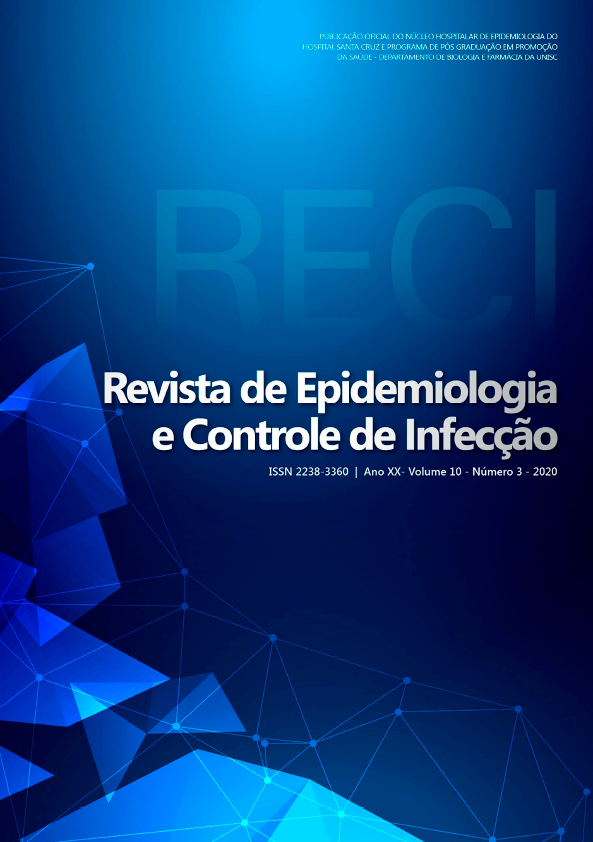Golden time: Analysis of the response time of the Mobile Urgency Care Service (Samu)
DOI:
https://doi.org/10.17058/jeic.v10i3.14674Keywords:
Emergencies. Reaction time. Health. Emergency medical services.Abstract
Background and Objectives: To analyze the golden time developed by the Mobile Emergency Care Service (Samu) in Floriano, Piauí, Brazil. There are few productions that primarily emphasize the service’s response time (golden hour), crucial for students and professionals in the field, whose knowledge on the issue can lead to saving lives. Methods: This is a descriptive, documentary, and quantitative study that analyzed emergency care records for the year 2018. It is based on the survey of the variables of the golden time stages, their nature, and the duration of events, analyzed by descriptive and inferential statistics. This study met all ethical principles based on the approval opinion of the ethics committee (No. 96443518.4.0000.5660). Results: The most frequent golden time performed by Samu was 15 to 30 minutes, in 58.5% of the cases. Adult clinical urgencies and emergencies were the most common types of events (35.50%). Conclusion: The most frequent service provided by Floriano’s Samu was clinical urgencies and emergencies in adults, with a response time of 15 to 30 minutes.Downloads
Downloads
Published
How to Cite
Issue
Section
License
The author must state that the paper is original (has not been published previously), not infringing any copyright or other ownership right involving third parties. Once the paper is submitted, the Journal reserves the right to make normative changes, such as spelling and grammar, in order to maintain the language standard, but respecting the author’s style. The published papers become ownership of RECI, considering that all the opinions expressed by the authors are their responsibility. Because we are an open access journal, we allow free use of articles in educational and scientific applications provided the source is cited under the Creative Commons CC-BY license.


